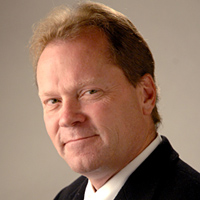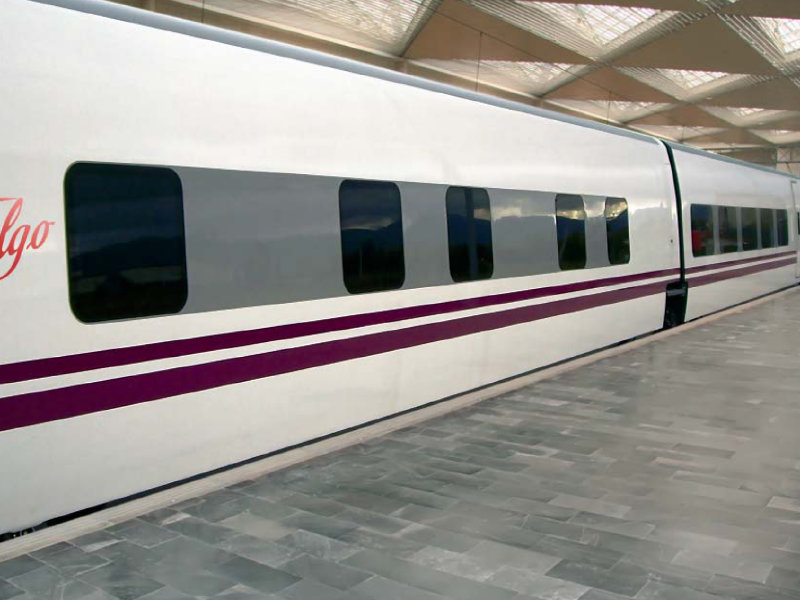It will be interesting to watch how the debate over the expansion of southeastern Wisconsin's mass transit system splits the region's business community into two factions: those who want to invest public dollars to expand and improve the mass transit system, and those who do not.
The roster of the camp of supporters for improved and expanded mass transit reads like a who's who of business in the region:
- "This is not a want, this is an absolute need for the community," said Tim Sullivan, president and chief executive officer of South Milwaukee-based Bucyrus International Inc.
- "It's critical that this legislation pass during the spring 2010 session," said Robert Mariano, chairman and CEO of Milwaukee-based Roundy's Supermarkets Inc. "It is foolish to ignore, this is an economic development issue. Transit builds the economy."
- "For the vitality of southeastern Wisconsin, getting this bill through the legislature is critical," said Scott VanderSanden, president of AT&T Wisconsin.
- "We believe regional transit and the KRM is an important investment in the future of our region," said J. Fisk Johnson, chairman and CEO of Racine-based S.C. Johnson & Son Inc. "More efficient and more affordable public transit can help make a city an even more attractive place for business and can help the vibrancy of a community. The lack of accessibility to Milwaukee and Chicago is a big reason it is more challenging to attract key people to our company."
- "It's really frustrating to see the constant deterioration of public transit," said Ed Zore, CEO of Milwaukee-based Northwestern Mutual Life Insurance Co. "It's really important for business to have a good public transit system." Zore said about 700 of his company's employees use public transit.
Add to this lineup the likes of Greater Milwaukee Committee president Julia Taylor and Metropolitan Milwaukee Association of Commerce (MMAC) vice president Pete Beitzel, and we've got a critical mass of business interests lining up in support of mass transit.
Beitzel says the debate reminds him of the conversation that took place when the Eisenhower administration embarked on the creation of America's Interstate Highway system. Public dollars created a system that was not financially self-sustaining, but provided benefits for the common good -- mainly interstate commerce and travel.
"This is the beginning of a sort of mini interstate of rail service, and Milwaukee is lucky because some forms of manufacturing and maintenance will be done here and that's a major positive for job creation," Beitzel said.
"The work being done on the track before, during and after construction will create jobs here, it will reduce travel time, and the additional set of trains will allow us to eventually increase service frequency back and forth.
"People will say it's a lot of money, but they said the same thing when we were establishing the interstate highway program. When initially establishing any infrastructure it's not cheap, but for Milwaukee the facility is already here, we aren't going to have to put a lot of extra money into the project."
The new debate over mass transit escalated late last week, when BizTimes Milwaukee broke the exclusive story that the Obama administration intends to spend $810 million in federal bucks to build a high-speed railroad to connect Milwaukee to Madison.
Normally, the news that the federal government will spend more than $800 million in a state is warmly greeted by the local folks. However, look for the local impact of the federal gravy train to be a focus of debate in Wisconsin's gubernatorial race.
Critics of the high-speed rail project say the state will be left holding the bag for high maintenance and operating costs. Those fears will no doubt be fanned by Milwaukee's talk radio hosts, who have been screaming for years against any public investments in things that go "Choo! Choo!"
We'll explore the arguments both for and against expanded mass transit in future editions of BizTimes Milwaukee. Stay tuned.
Steve Jagler is executive editor of BizTimes in Milwaukee and is past president of the Milwaukee Press Club. BizTimes provides news and operational insight for the owners and managers of privately held companies throughout southeastern Wisconsin.
Steve has won several journalism awards as a reporter, a columnist and an editor. He is a graduate of the University of Wisconsin-Milwaukee.
When he is not pursuing the news, Steve enjoys spending time with his wife, Kristi, and their two sons, Justin and James. Steve can be reached at steve.jagler@biztimes.com.







